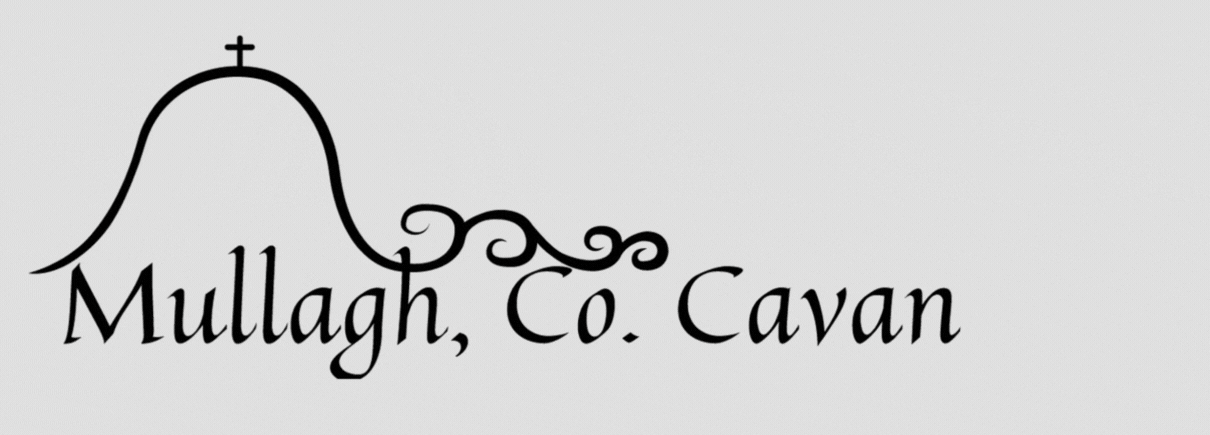
Henry Brooke
Henry Brooke: A Literary Pioneer from County Cavan
Born in 1703 at Rantavan House near Mullagh, County Cavan, Henry Brooke was an influential Irish novelist and dramatist. The son of Reverend William Brooke, Rector of Killinkere, and Letrice Digby, Henry was raised in a well-connected Protestant family. Educated at the Royal School Cavan and Trinity College Dublin, Brooke initially pursued law but soon turned to literature, where he would leave a lasting legacy.
Early Life and Literary Beginnings
Brooke’s early literary work, Universal Beauty (1735), caught the attention of renowned poet Alexander Pope, who praised its poetic sentiments. However, it was Brooke’s venture into drama that truly marked his career. His play Gustavus Vasa (1739) became the first play banned under the Licensing Act of 1737 due to its perceived political implications. Despite this setback, Brooke’s works, characterised by their wit and political satire, earned him a prominent place in Augustan drama.
Life in Ireland and Political Involvement
Returning to Ireland in 1725 due to delicate health, Brooke inherited the family estate at Rantavan upon his father’s death in 1745. Despite his initial involvement in anti-Catholic pamphleteering with Farmers Letters (1745-1760), his views evolved over time, becoming more liberal. Brooke’s interest in Irish culture deepened, and he began advocating for the preservation of Irish history and the loosening of laws persecuting Roman Catholics.
Later Years and Literary Achievements
During the 1760s, while living on the Rantavan estate and later in Daisy Park near Sallins, County Kildare, Brooke wrote The Fool of Quality (1765-1770), a five-volume novel exploring themes of politics, education, and social justice. The work was highly regarded, particularly by John Wesley, who recommended it to new Methodist congregations. Brooke also became the first editor of the Freeman’s Journal in 1763, further cementing his role in Irish literary and political circles.
Despite his literary success, Brooke struggled financially and with health issues. After his wife’s death in 1772, his physical and mental health declined. He returned to Rantavan House in 1770, but his attempts to improve the estate were unsuccessful. Henry Brooke passed away in Dublin on October 10, 1783, and is buried in Mullagh.
Legacy
Henry Brooke’s work, including his novels Juliet Grenville (1774) and The Fool of Quality, along with his numerous plays and pamphlets, left a significant impact on Irish literature. His daughter, Charlotte Brooke, continued his legacy, becoming a key figure in the preservation of Irish poetry and culture.
